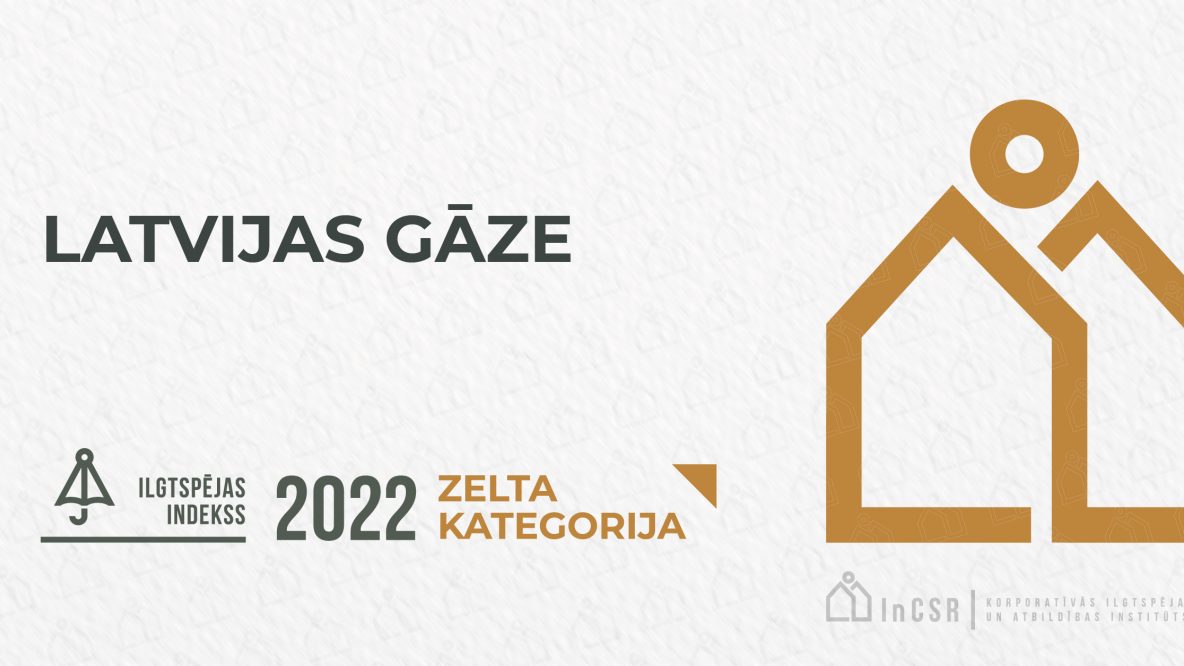Increasing energy efficiency can limit the adverse environmental impact of buildings and commercial activities and thus reduce global climate change caused by the greenhouse effect, as well as limit emissions that are harmful to both the environment and people. The use of modern and energy-efficient equipment and insulated buildings not only reduces environmental pollution, but also minimises the monthly energy expenditure. Currently, companies have access to various European funds aimed at optimising production processes, reducing CO2 emissions, reconstructing production facilities, etc.
Industrial energy efficiency
The most complete understanding of energy efficiency solutions available for a production process can be gained through an energy audit.
An energy audit is an assessment of the energy efficiency of independent experts based on estimates of the actual energy consumption of both the building and the industrial or commercial activity in order to determine the potential for energy savings.
The energy audit must encompass 90% of the entire company, and individually determine the sources and consumers of energy:
- the energy consumed to heat the buildings owned or used by the company;
- the energy consumed to produce hot water necessary for non-production personal needs;
- the energy consumed by the lighting system;
- the energy consumed by the ventilation systems;
- the energy used to cool rooms;
- electric, heating and other types of energy (also fuel, if it accounts for more than 10% of the total energy consumption).
The goal of energy efficiency is to reduce CO2 emissions, which contribute to preserving the environment. During the energy audit, the plant is inspected on site and the data is analysed remotely in order to recommend the best possible solutions for the specific company, such as automation of production units, replacement of equipment with more efficient ones, automation for heating or lighting, change of habits, insulation or other similar solutions. An additional benefit is not only the energy savings, but also the revision of production processes.
As a result of the energy audit, it will be clear to the company how much the costs will be, what energy savings will be achieved and a plan is ready to be implemented with the maximum reduction of energy consumption. The audit plan includes short-term activities with immediate effect and long-term measures that require larger investments.
Certified energy auditors will calculate the time period within which energy efficiency measures will pay off in relation to the investment. It should be understood that small investments pay off already in the first year, but for production companies that need large investments, they will pay off in a couple of years. However, it should be kept in mind that technology is evolving very rapidly and it is not worth investing in activities that only pay off after 10 years or more. Steps must be taken to ensure that the investment pays-off within a reasonable timeframe, as it is difficult to predict how things will develop in the future. The task of energy auditors is to offer a plan that is achievable in the near future (1-2 years) with reasonable costs, because it is not always possible to attract other funding.
It is important to choose a professional energy audit company, because according to the requirements of the Ministry of Economics, the company has to implement the energy efficiency measures included in the audit. Although companies have their own energy specialists, energy audit firms have complicated measuring instruments that can be used to make specific measurements and thus obtain information to work on. As production technologies vary greatly from one sector to another and are most often not available to companies, the competence of auditors is vitally important. The energy audit shall be performed by a team of specialists, each of whom is a specialist in their field. If the audit is performed professionally, it will help the company not only save energy, but also provide opportunities for development, sustainability and improvement of competitiveness.
The timing of the energy audit is very individual for each company. It may take from 1 to 12 months. A lot of time is spent on investment analysis, because you often have to look for technologies outside Latvia. An energy audit should be carried out every 4 years, but the energy efficiency improvement measures implemented and the resulting energy savings should be reported annually.
The cost of an energy audit depends very much on the size of the company and the specifics of the production. We recommend choosing accredited companies for energy audits.



